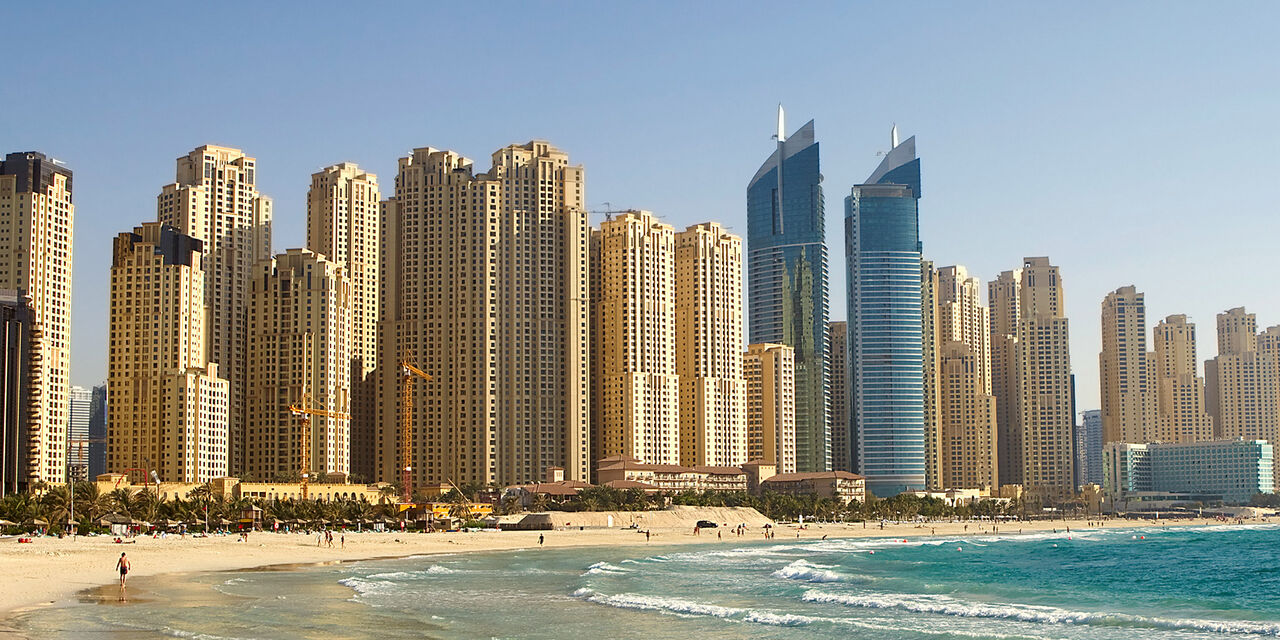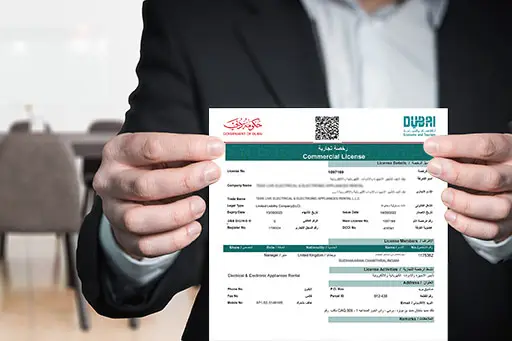Dubai has become one of the most attractive business destinations in the world. Entrepreneurs, multinational corporations, and freelancers look to the city not only for its strategic location but also for its unique tax environment. Unlike many countries where taxation is complex and heavy, Dubai has historically offered a tax-friendly regime that allows businesses to grow and reinvest more of their profits.
However, things have changed in recent years. With the introduction of corporate tax in 2023, along with existing VAT, customs duties, and other forms of business-related charges, it is more important than ever to understand the different types of business tax in Dubai in 2025.
This guide explains every type of tax that businesses may face in Dubai today, who it applies to, and how it impacts operations. By the end, you will have a clear picture of Dubai’s business tax landscape and how to plan accordingly.
1. The Tax Environment in Dubai
Dubai is part of the United Arab Emirates, which means that business taxes in Dubai are governed by UAE federal tax laws. Historically, the UAE had no federal corporate income tax, making it one of the most attractive low-tax jurisdictions in the world. Companies in free zones and mainland structures could operate without paying corporate taxes as long as they followed the rules.
In 2018, the UAE introduced Value Added Tax (VAT), marking the first broad-based tax for businesses. Then, in June 2023, a federal corporate tax was implemented at 9 percent for qualifying businesses. Together, VAT and corporate tax are the two main pillars of the UAE’s taxation system in 2025.
At the same time, there are other taxes or charges that businesses should be aware of, such as customs duties, municipality fees, excise tax, and economic substance regulations. While these are not always called “taxes” directly, they have a similar impact on a company’s finances.
2. Corporate Tax in Dubai
2.1 Introduction of Corporate Tax
Corporate tax was officially introduced in the UAE in June 2023, with the purpose of aligning the country with international standards and reducing the risk of being labeled a harmful tax jurisdiction. Before that, only oil companies and foreign banks were taxed, while most other businesses paid nothing in corporate tax.
2.2 Corporate Tax Rate in 2025
As of 2025, the standard corporate tax rate in Dubai is 9 percent on taxable profits above AED 375,000. Profits up to AED 375,000 remain tax-free, giving small businesses and startups breathing space.
2.3 Who Pays Corporate Tax
Corporate tax applies to:
- Mainland companies in Dubai
- Free zone companies that conduct business with the mainland or outside the UAE and do not qualify for exemptions
- Foreign companies with a permanent establishment in Dubai
- Individuals engaged in business activities under a license
Free zone companies can still benefit from a 0 percent corporate tax rate on qualifying income, but only if they meet specific substance and compliance requirements.
2.4 Exemptions from Corporate Tax
Some entities remain exempt from corporate tax, including:
- Government entities
- Extractive businesses (oil and gas, under existing special tax regimes)
- Charities and public benefit organizations (if approved)
- Investment funds meeting regulatory conditions
2.5 Filing and Compliance
Businesses subject to corporate tax must register with the Federal Tax Authority, maintain proper accounting records, and file annual corporate tax returns. Penalties apply for non-compliance or late submissions.
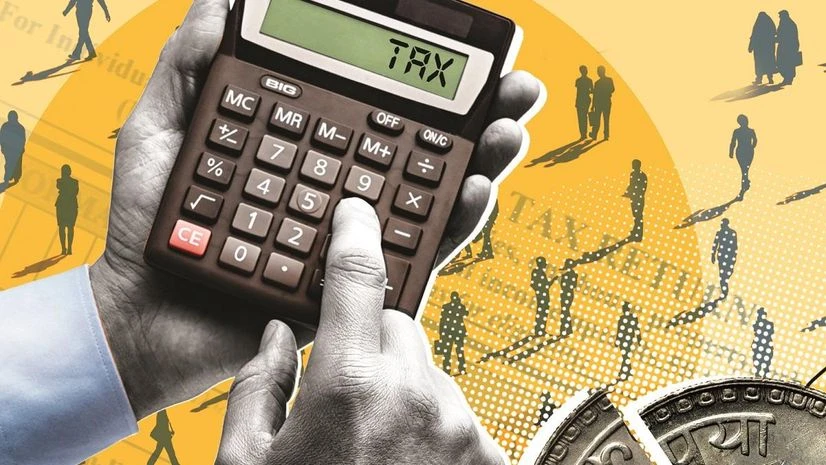
3. Value Added Tax (VAT) in Dubai
3.1 Overview of VAT
VAT was introduced in the UAE on January 1, 2018, at a standard rate of 5 percent. Unlike corporate tax, which is based on profit, VAT is a consumption tax applied to most goods and services at each stage of the supply chain.
3.2 VAT Registration
Businesses with taxable supplies and imports exceeding AED 375,000 per year are required to register for VAT. Those with annual supplies above AED 187,500 can voluntarily register.
3.3 VAT Returns
Registered businesses must charge VAT on taxable supplies, collect it from customers, and remit it to the Federal Tax Authority through periodic VAT returns. They can also reclaim VAT paid on eligible business expenses, reducing the overall burden.
3.4 Exempt and Zero-Rated Categories
Not all products and services are subject to VAT.
- Zero-rated supplies include exports outside the GCC, international transportation, and some education and healthcare services.
- Exempt supplies include residential property sales after the first supply and certain financial services.
3.5 Impact of VAT on Businesses
Although the VAT rate is relatively low compared to other countries, it requires businesses to maintain strong accounting systems and compliance processes. Non-compliance leads to heavy penalties.
4. Excise Tax in Dubai
4.1 What is Excise Tax
Excise tax is an indirect tax introduced in 2017 targeting products harmful to health or the environment.
4.2 Excise Tax Rates in 2025
The excise tax applies to:
- Tobacco and related products at 100 percent
- Energy drinks at 100 percent
- Carbonated drinks at 50 percent
- Electronic smoking devices and liquids at 100 percent
- Sweetened drinks at 50 percent
4.3 Who Pays Excise Tax
Excise tax is paid by importers, producers, and stockpilers of excise goods. The cost is usually passed on to consumers, increasing retail prices.
5. Customs Duties in Dubai
5.1 Overview
Dubai’s strategic position as a global trade hub means customs duties play a big role. Customs duty is generally levied at 5 percent of the value of imported goods, but rates can vary depending on the product category.
5.2 Free Zones Advantage
Businesses operating inside Dubai’s free zones are exempt from paying customs duty if goods are imported and re-exported outside the UAE. However, if goods move from a free zone to the UAE mainland, customs duty applies.
5.3 Other Considerations
Certain goods, such as alcohol and tobacco, carry higher customs duties, while some goods like pharmaceuticals are exempt.

6. Municipality Fees and Local Business Charges
Apart from federal taxes, businesses in Dubai also face local charges that act like indirect taxes. These are imposed by the Dubai Municipality or other local authorities.
Examples include:
- Hotel establishments paying a tourism fee on room rates
- Restaurants and cafes paying municipality fees on sales
- Commercial properties subject to a municipality fee based on rental value
While not called taxes, these charges directly affect business operating costs.
7. Withholding Tax
The UAE does not impose withholding tax on dividends, interest, or royalties paid to foreign entities. This makes Dubai an attractive destination for multinational corporations and holding companies.
8. Double Taxation Agreements
Dubai benefits from the UAE’s network of more than 130 double taxation treaties with countries worldwide. These agreements help businesses avoid being taxed twice on the same income and encourage cross-border investment.
9. Economic Substance Regulations (ESR)
Though not a tax, ESR is an important compliance requirement for certain businesses in Dubai, particularly those engaged in activities such as banking, insurance, fund management, intellectual property, shipping, and distribution. Companies must demonstrate that they have real economic activities in the UAE to benefit from the low-tax regime.
10. Country-by-Country Reporting (CbCR)
Multinational companies with consolidated revenues above a certain threshold must comply with CbCR requirements, providing transparency about profits, revenues, and taxes paid in each jurisdiction.
11. Personal Income Tax in Dubai
Dubai continues to have no personal income tax, making it a global magnet for entrepreneurs, high-net-worth individuals, and professionals. This is one of the strongest advantages of living and doing business in Dubai
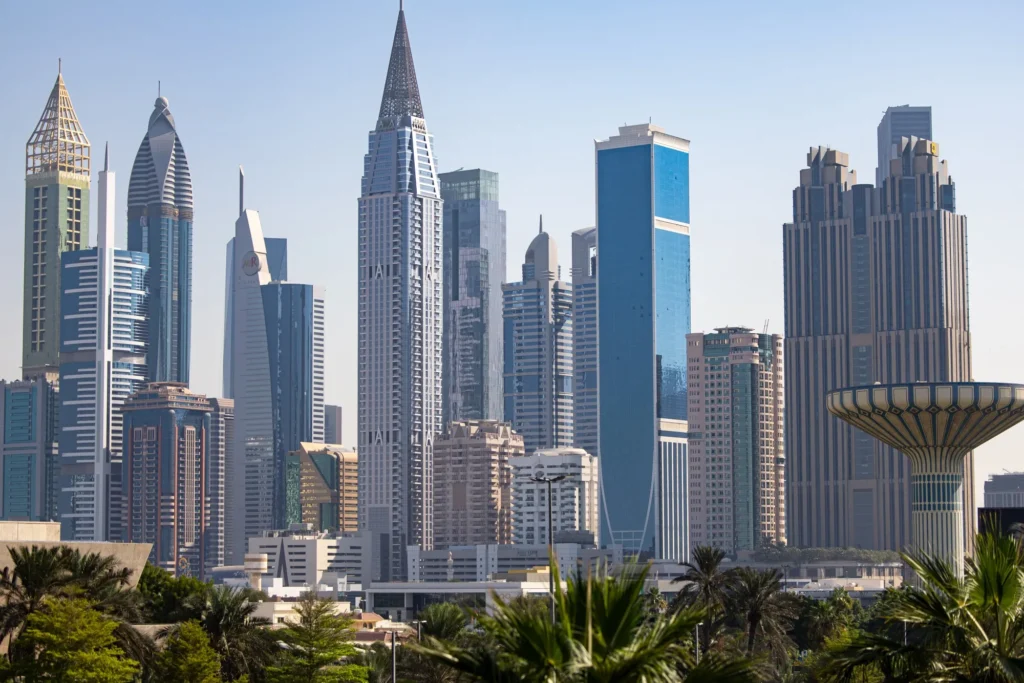
12. Free Zone vs Mainland Business Taxation
12.1 Mainland Companies
Mainland businesses are subject to corporate tax, VAT, municipality fees, and other charges depending on their operations.
12.2 Free Zone Companies
Free zone companies continue to enjoy special tax incentives. Many free zones offer 0 percent corporate tax on qualifying income, exemptions from customs duties on re-exports, and 100 percent foreign ownership. However, if they trade with the mainland, normal taxes apply.
13. Planning for Taxes in 2025
13.1 Impact on Small Businesses
For small businesses, the AED 375,000 profit threshold for corporate tax offers relief. However, VAT compliance and local fees still require proper bookkeeping.
13.2 Impact on Large Corporations
Large corporations face more scrutiny, especially those engaged in cross-border activities. Corporate tax, VAT, ESR, and CbCR all apply. Careful tax planning and professional advice are essential.
13.3 Sector-Specific Considerations
- Retail faces VAT, customs duty, and municipality fees.
- Hospitality faces municipality fees, tourism charges, and VAT.
- Healthcare and education benefit from zero-rating on many services but still need VAT compliance.
- Oil and gas companies remain under special tax regimes, often paying higher rates.
Why Dubai Still Remains Attractive
Even with the introduction of corporate tax, Dubai remains far more tax-friendly than most global business hubs. Key benefits include:
- Low corporate tax rate of 9 percent compared to global averages of 20 to 30 percent
- No personal income tax
- Strategic location between Asia, Europe, and Africa
- World-class infrastructure and connectivity
- Investor-friendly free zones offering exemptions and incentives
The combination of these factors means that businesses can still grow faster and retain more profit in Dubai compared to many other jurisdictions.
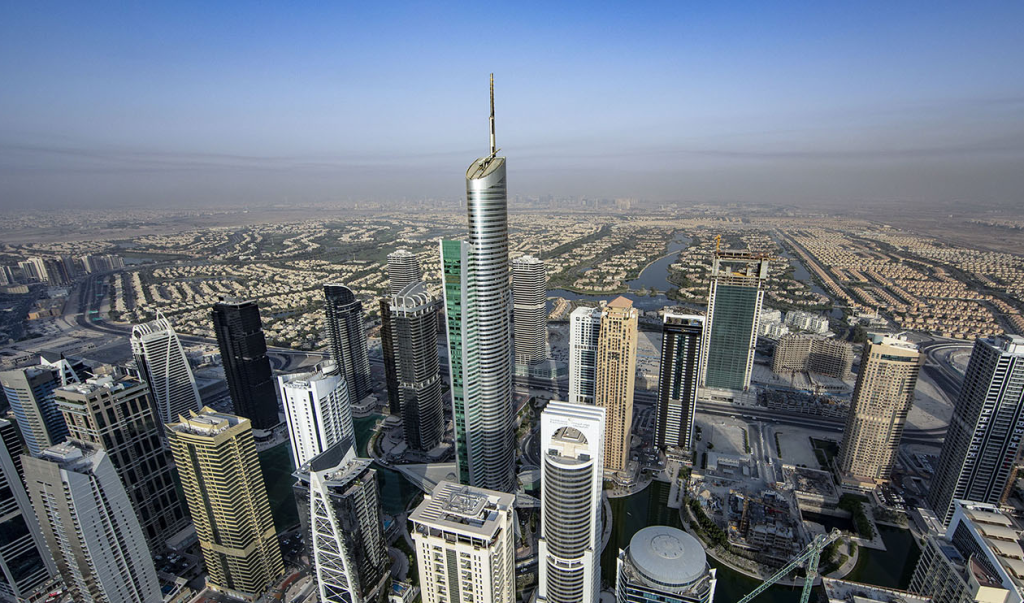
Conclusion
In 2025, Dubai’s business tax environment has evolved into a balanced system that supports international standards while still remaining attractive to investors. The main taxes businesses need to understand are corporate tax, VAT, excise tax, and customs duties, along with local municipality charges. Compliance with ESR and reporting regulations is also critical.
For entrepreneurs and companies, the key takeaway is that while Dubai is no longer entirely tax-free, it continues to be one of the most competitive jurisdictions worldwide. The corporate tax is low, VAT is manageable, and the absence of personal income tax ensures that Dubai remains a global hotspot for business and investment.
By staying compliant and understanding all types of business tax in Dubai in 2025, companies can position themselves for long-term success in this thriving marketplace.
GenZone is a trusted partner for entrepreneurs and companies setting up in Dubai. The firm specializes in guiding businesses through every stage of formation and compliance, including corporate tax registration, VAT, and ongoing regulatory requirements. With a reputation for transparency and efficiency, GenZone helps clients avoid costly mistakes and focus on growing their business in Dubai’s competitive market.




